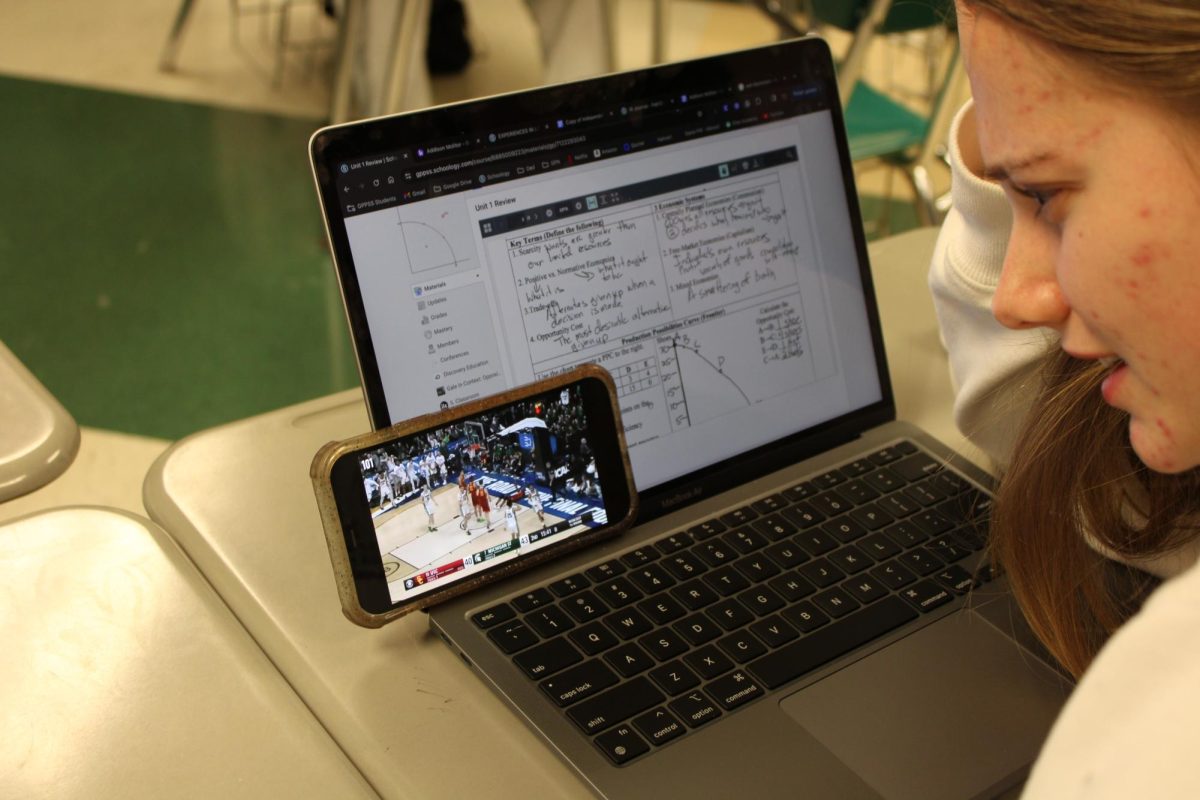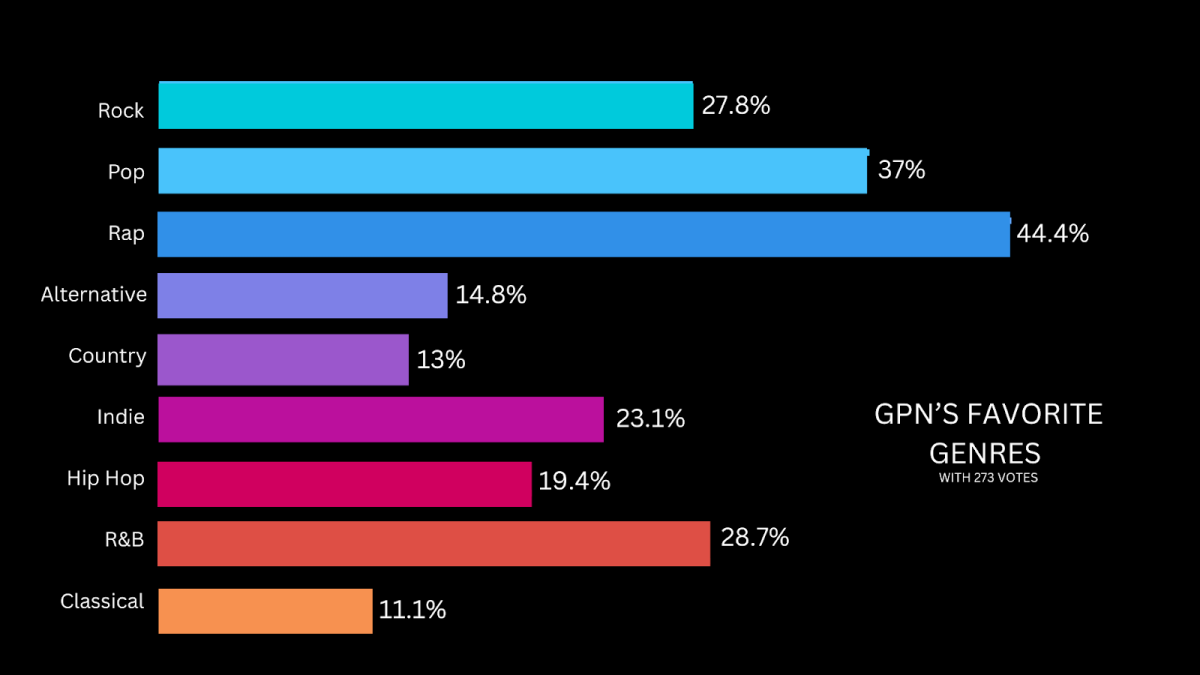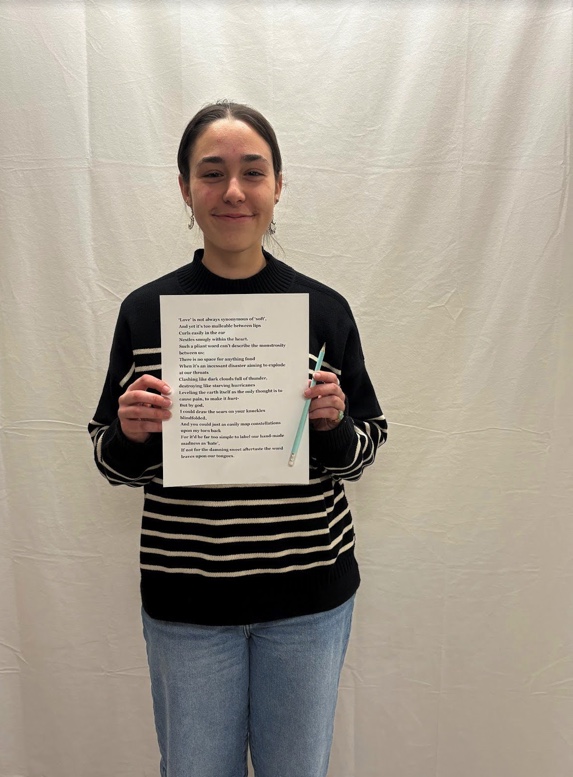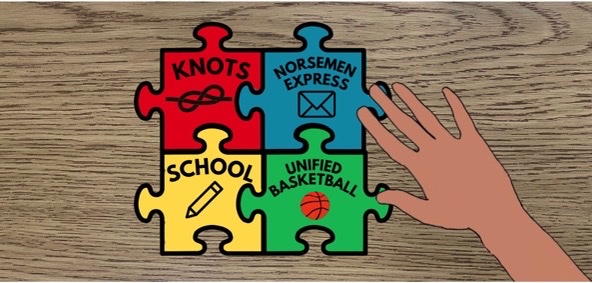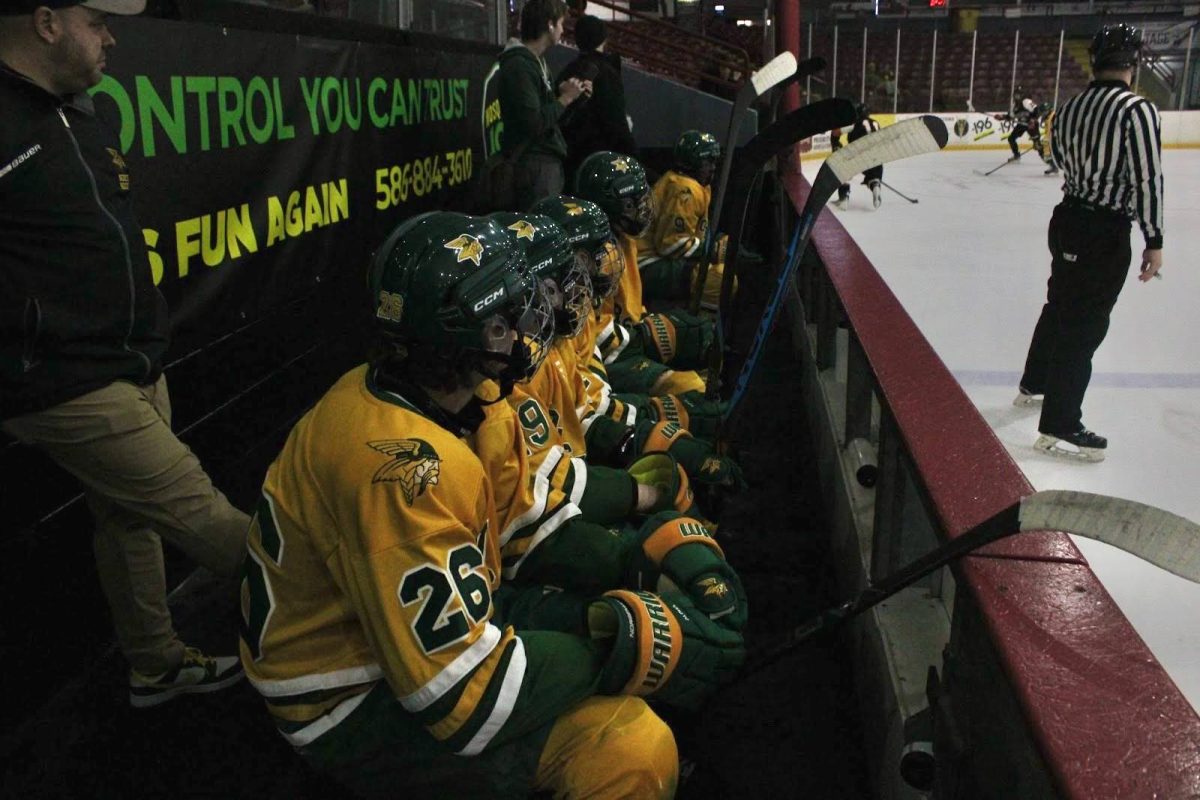March is often associated with sunshine, flowers and the beginning of spring. However, basketball fans associate March with buzzer-beaters, Cinderella stories, upsets, bracket-making, sports gambling and more. Basketball fans, enthusiasts and even novices will agree March Madness is one of the most thrilling athletic events of the year. But for teachers like Julie Pappas, it can be an incredibly frustrating time. Getting students to pay attention is already hard enough, but now with the additional challenge of dealing with students tracking scores in class and having minimal focus regarding classwork, it makes teaching all the more difficult.
There are many different opinions on whether or not March Madness negatively affects students’ grades. Some students claim they can multitask, but several teachers, including Julie Pappas, believe it can be a major hindrance to the academic success and progression of students.
“I have definitely had students turn the games on in class while I’m trying to teach instead of paying attention to me,” Pappas said. “They’re paying attention to the games, not taking notes and I have seen it hurt their test scores.”
Having phones enables students to watch games during class, creating a distraction. However, student athlete and girls varsity basketball captain, Jenna Winowiecki disagrees and claims her grades are unaffected during the tournament.
“In every class there’s usually a game on, especially if it’s near the end of the tournament,” Winowiecki said. “We’re always watching it at school but I don’t think it affects my grades.”
March Madness consumes both students and fans everywhere, due to its wide known unpredictability. Supporting the Spartans during their tournament run each year, senior Ryan Henderson notes the annual significance of March Madness and why it takes priority over classes.
“March Madness is one month and school is a whole year,” Henderson said. “I’m probably more drawn to the basketball games than school work due to how it only happens once a year.”
To turn a distraction into a possible benefit, AP Statistic teacher Julie Pappas incorporates the math of the tournament into her classroom lessons.
“In my stats class, we could use [March Madness] as a learning tool and showing how those different seed values, the upsets and things like that can play into overall percentage wins,” Pappas said.
Additionally, the tournament even provides learning opportunities, engaging to those interested in bracket making.
“They can look at the probability of wins and losses just in general for the entire season to that specific team and their seed and how they did in past tournaments,” Pappas said. “Before were they a high seed vs a low seed, and were they in a previous tournament, did the win vs lose to other seeds, high vs low? How do they compare to teams that are ranked the same as them?”
While the tournament can open up possibilities for students to explore probability and statistics in a fun-fashion, WDIV Sports Contributor Jamie Edmonds believes its unpredictability is what truly attracts viewers and appeals to sports fans.
“I mean you could be the most intelligent sports fan in the world and pick your games over averages and points per game, and then someone likes the uniform colors could beat you and win the whole pool,” Edmonds said. “It’s a really fun time of year — enjoy it and do your school work, too.”


